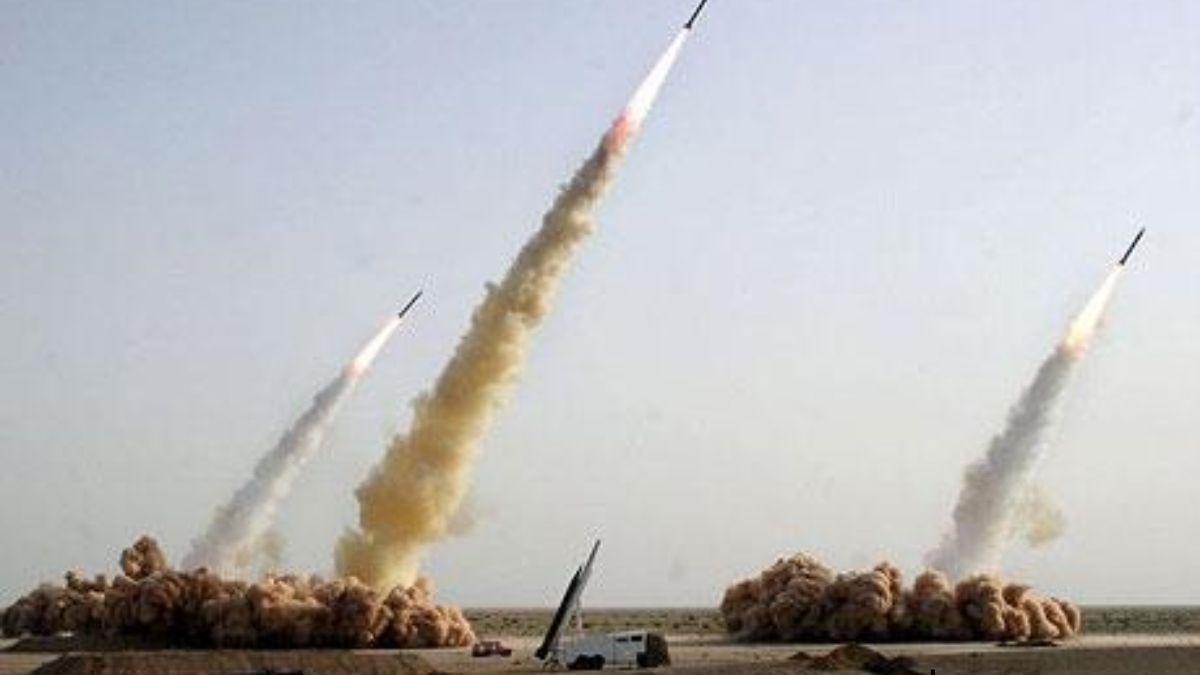Ahead of the widely-expected attack on Israel, Iran has banned the airspace for civilian aircraft.
Such a ban, formally called a ‘NOTAM’, is issued ahead of missile launches, military exercises, or during actual conflicts. In the wake of the ongoing tensions in the Middle East, the NOTAM is being seen as a preparatory step of the attack on Israel.
Iran has banned the airspace in the country’s central, western, and northwestern regions and has advised civilian aircraft to change their routes if their routes passed through these regions, according to The Jerusalem Post.
The NOTAM stands for ‘Notice to Air Missions’. Just like Iran, Jordan has also issued a NOTAM and has asked airlines operating in the region to carry additional fuel as they might need to fly around amid airspace restrictions owing to regional tensions.
Following the assassination of Hamas chief Ismail Haniyeh in Tehran last week, Iran has vowed to avenge the killing . Supreme Leader Ayatollah Ali Khamenei has reportedly ordered direct attacks on Israel and an attack is understood to be a matter of when and not if.
Even as the Western and regional leaders are working round the clock to contain the fallout from Iran’s expected attack, Iran has told Arab leaders that it no longer cares it its attack leads to an all-out war that envelops the Middle East, according to The Wall Street Journal.
Iran could attack Israel on Monday or Tuesday: US
The United States, which along with Israel has assessed that the Iranian attack is ‘imminent’, has said it could come as early as Monday.
Impact Shorts
More ShortsIn a call with his G-7 counterparts on Sunday, US Secretary of State Antony Blinken said Iran could start the attack within the next 24-48 hours, according to Axios.
The call, along with other engagements with Iran, was part of the last-ditch efforts to pressure Iran and its regional ally Hezbollah to minimise the extent of their attacks on Israel, as per the report.
The United States and Israel understand that Iran will attack the way it did in April when it launched more than 600 missiles, rockets, and drones at Israel after the assassination of top commanders in an airstrike in the diplomatic mission in Syrian capital Damascus .
However, the attack this time will be much larger and is likely to involve Lebanon-based Hezbollah, whose military chief Fuad Shukr was also assassinated by Israel hours before Haniyeh’s killing. Moreover, this time, Iran has so far refused to provide specific warnings about the attack that could helped defend Israel better in April and make way for an off-ramp.
The United States has boosted military presence in the Middle East in the wake of the imminent attack. It is also attempting to revive the coalition involve United Kingdom, France, Jordan, and Saudi Arabia, which helped beat back the Iranian attack in April. But the anti-Israel sentiment in the region is such after Haniyeh’s killing that it’s proving to be difficult.


)

)
)
)
)
)
)
)
)



